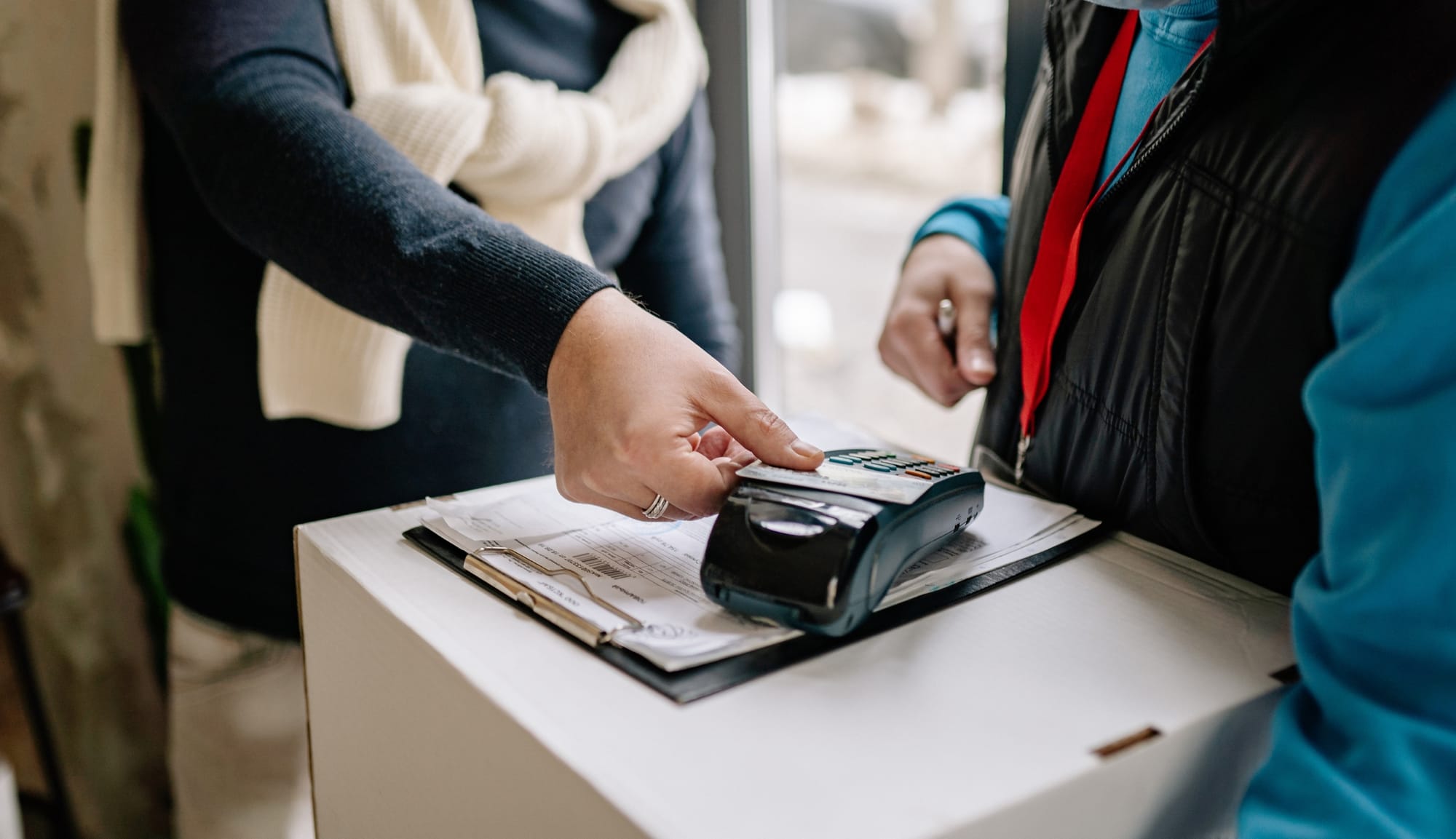‘Don’t buy coffee! Don’t buy takeaways! Stop going out!’ I don’t subscribe to these so-called ‘rules’ for managing money. What’s next, wearing the same outfit all year?
I’m not a fan of advice that tries to shame people into changing how they spend their hard-earned money. This approach often backfires because it puts people on the defensive from the start. Sure, buying coffee every day or getting new clothes weekly isn’t a good idea—not because it makes you a ‘bad’ person, but because these small habits, over time, can have a serious impact on your financial future.
Have you ever thought about what these ‘quick buys’ really cost you over a year or ten years? While they may not amount to enough to buy a house, they could save you thousands for unexpected rainy days.
Why your mind loves a quick buy
As humans, we crave ease and instant rewards. Most of us would rather have a few rands now, today, than wait 30 years until retirement for a few thousand more.
That’s why you can’t help yourself but grab those last-minute snacks at the checkout – guilty as charged! It’s not your fault; it’s how your brain is wired. When you spot something new or on sale, your brain releases dopamine, a feel-good hormone that makes that snack or those sneakers seem far more important than they really are.
Retailers know this, of course. That’s why they use tactics like “only 2 left” or “sale ends soon” to spark excitement and urgency. This obviously leads to FOMO. So, before clicking add to cart, take a moment to ask: Do you really need that item or chocolate at the checkout? What happened to your summer body New Year’s resolution?
The true superpower: delayed gratification
I once read, “Today’s savings are tomorrow’s freedom,” and I believe it to be true. Limiting impulse buys opens up opportunities for meaningful experiences, whether through activities or travel. Having money set aside also provides flexibility in your choices.
Resisting quick buys and practicing delayed gratification not only helps you financially but it also improves your overall well-being. Research shows that people who delay gratification tend to make healthier choices and report greater life satisfaction.
Delayed gratification is a cornerstone habit—a habit that leads to other positive changes in your life. This means that when you start thinking long-term, you’re more likely to adopt other healthier habits, even if the results aren’t immediate.
3 Ways to outsmart your own spending habits
If I could reclaim all the money I’ve spent on impulse buys, I’d be gazing at the ocean from my Camps Bay mansion in a linen gown, sipping a glass of fine cabernet sauvignon.
Sadly, I’m not, but here are the habits I’m trying to adopt to help improve my approach:
- Adopt the 48-hour rule. Give yourself 48 hours to come up with compelling reasons for unbudgeted purchases. If you can't come up with reasons good enough, don't buy.
- Set spending limits. Use banking apps to allocate a portion of your money to savings, allowing a pause before purchases. Some accounts require a notice period for withdrawals, which will help you realise that many of your desires are just wants. Or transfer your money to a separate account, like the Savings Goal with Franc, to keep it away from temptation.
- Challenge yourself to avoid impulse buys for two weeks. If that seems daunting, start with one week. This will create a sense of control and motivate you to continue.
While it may seem unimportant now, if you intentionally invest the money saved from impulse purchases, you’re likely to meet your financial goals while building an emergency fund. Who wouldn’t want that?
Knowing you have funds available brings peace of mind. That’s why it’s crucial to focus on long-term gains; because once money leaves your account, it’s gone forever, no matter how big or small the purchase. You can’t substitute peace of mind for any amount of money, and the benefits of delayed gratification and long-term investing far outweigh any immediate gains.










